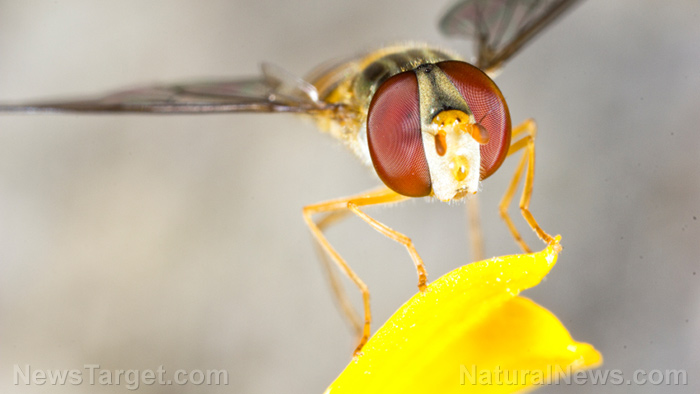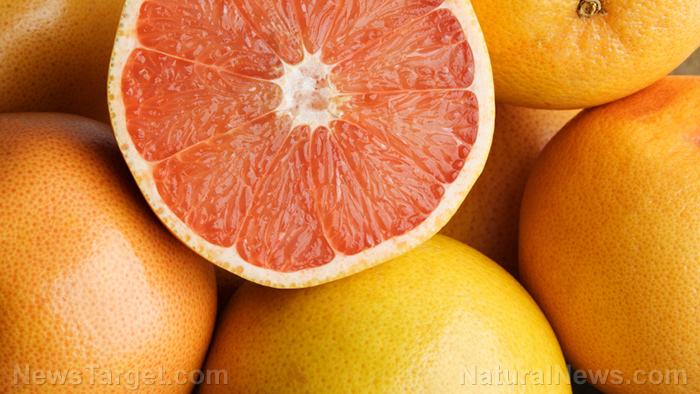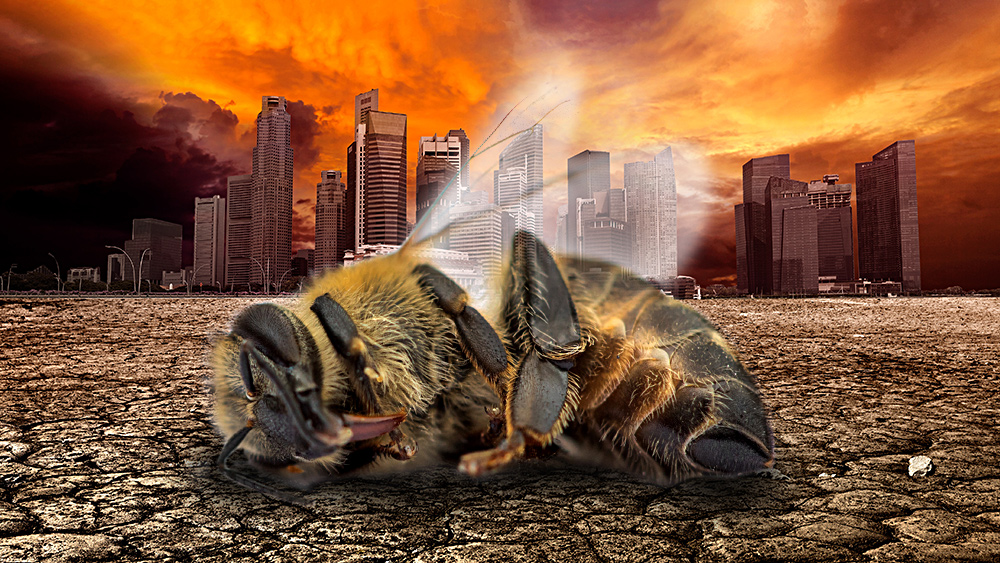Scientists investigate the use of various botanical extracts as natural insecticides
11/08/2018 / By Edsel Cook

A new research paper looks into natural means of pest control for horn flies (Haematobia irritans) and stable flies (Stomoxys calcitrans) that harm domestic cattle. The paper identifies a number of plants that could potentially manage these biting flies without using dangerous chemical insecticides.
The study was supported by the Agricultural Research Service. It was published in the Journal of Integrated Pest Management.
- Horn flies and stable flies are normally controlled via the application of insecticides. Unfortunately, the chemicals have toxic side effects on other organisms and the environment.
- Furthermore, the biting flies have eventually developed resistances towards the most common pesticides. This spurred a search for alternative means of controlling them.
- Extracts and oils derived from plants offer a natural approach to controlling ectoparasites. Many candidates contain multiple phytochemicals that act in different ways, thereby making it harder for the flies to develop any resistance to them.
- Anabasis, chrysanthemum, garlic, lemongrass, lilac chastetree, molasses grass, neem, tall fescue, and tobacco can provide plant extracts. Andiroba, camphor tree, catnip, chamomile, clove, eucalyptus, geraniums, Japanese pepper, lemongrass, onion, patchouli, peppermint, rose, and tea tree are sources of essential oils.
- Aside from extracts and essential oils, there are other plant-based techniques for controlling biting flies. They include the use of fatty acids, pine sawdust, trypsin inhibitors produced by soybeans, and symbiotic fungal endophytes that protect pasture grasses.
The study concluded that plant-based pest control methods should be further examined in order to effectively employ them against horn flies, stable flies, and other harmful biting flies.
Check out the full study at this site.
To learn why we need natural sources of insect repellent and insecticides, visit Pesticides.news.
Journal Reference:
Showler, T. A. BOTANICALLY BASED REPELLENT AND INSECTICIDAL EFFECTS AGAINST HORN FLIES AND STABLE FLIES (DIPTERA: MUSCIDAE). Journal of Integrated Pest Management. 12 June 2017. DOI: 10.1093/jipm/pmx010.
Tagged Under:


















